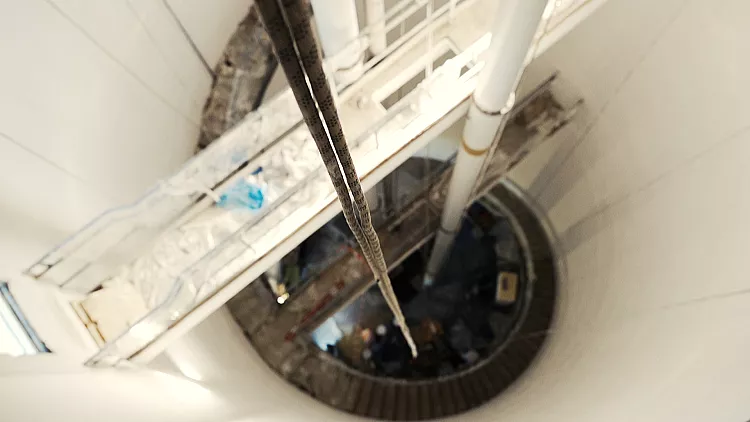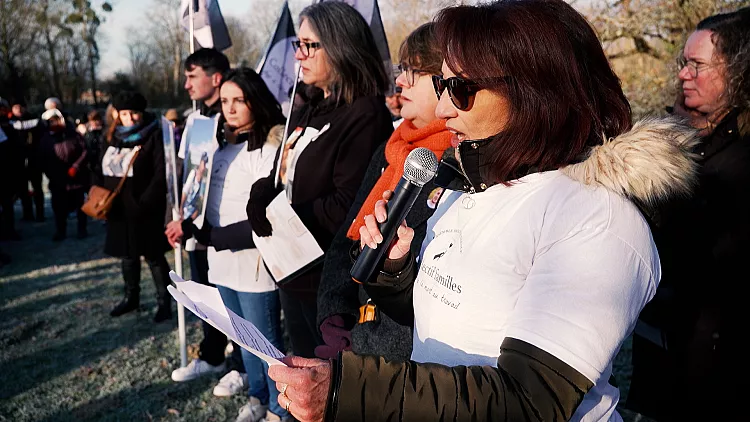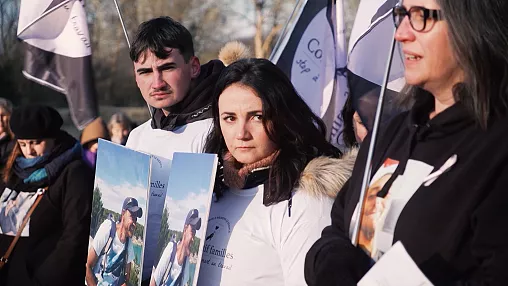The advocacy group ‘Stop Death at Work,’ which advocates for victims and their families, may hold the key to understanding why France has the highest rate of workplace accidents.
In the small community of Saint-Colomban, near Nantes in northwest France, Pierrick Duchêne, Claudine’s husband, suffered a tragic and fatal accident when a machine crushed him while he was working alone.
Originally set to begin his Christmas holiday, Pierrick received a last-minute work call to perform maintenance on a machine, a decision that cost him his life. Claudine emphasized to Euronews Witness, “Occurrences of death at work in France should not exist, yet we witness two deaths per day.”

The inside of a sugar silo and the ropes used to lower workers down through the shaft.Euronews
Matthieu Lépine, a teacher specializing in history and geography, has been closely examining the surge in workplace fatalities in France over the last five years. Utilizing his “X” account, he regularly highlights incidents of workplace accidents. Lamenting the diminishing number of labor inspectors, Matthieu expressed to Euronews, “Today, a single labor inspector oversees more than 10,000 employees.”
Rémy Bellois, a labor inspector residing in Auchy les Mines, near Lille, is among those tasked with inspecting shops, construction sites, and various businesses to ensure adherence to safety regulations. He voiced his opinion to Euronews, stating, “The penalties appear relatively mild, and a fine of only €10,000 per accident is not particularly deterrent.”

Members of the 'Stop Death at Work' collective on one of their peaceful protests.Euronews
Frédéric Soulier, hailing from Metz in France’s northeastern Grand Est region, is intimately familiar with this reality. In 2012, while employed as a rope access technician in a sugar silo, he survived an incident that claimed the lives of two of his colleagues. Expressing the urgency for resolution in such cases, he emphasized, “Instances like this need swift resolution. People typically work to sustain themselves, not to jeopardize their lives in the process.”
Numerous victims and their families argue that mandatory protocols, inadequate penalties, and insufficient inspections contribute to the issue. A collective named ‘Stop Death at Work’ has been formed by some of these individuals, honoring workers who lost their lives or suffered injuries at work and advocating for enhanced safety measures.

